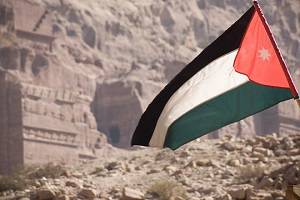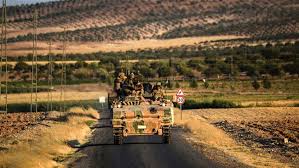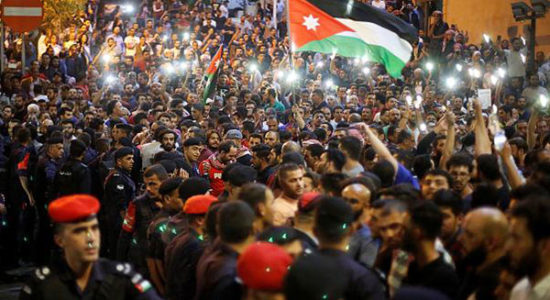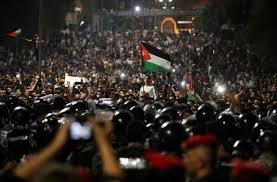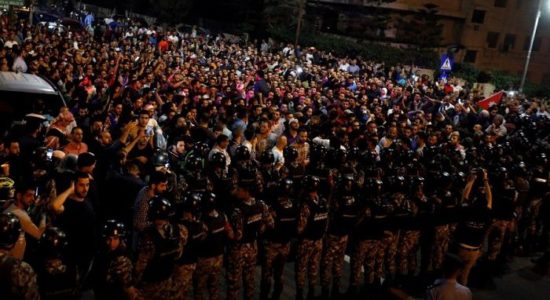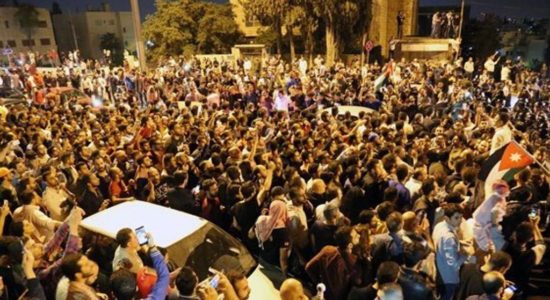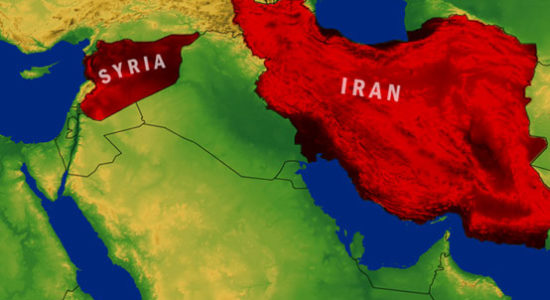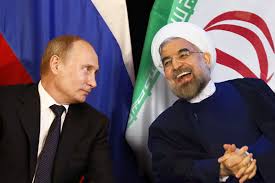Jordanian challenges on internal an external levels
Jordan is facing a pivotal moment where serious decisions based on conviction need to be taken in order to make much needed changes. Monarchical systems need to read the mood of the citizenry, which makes it even more integral to undertake evaluation a…

